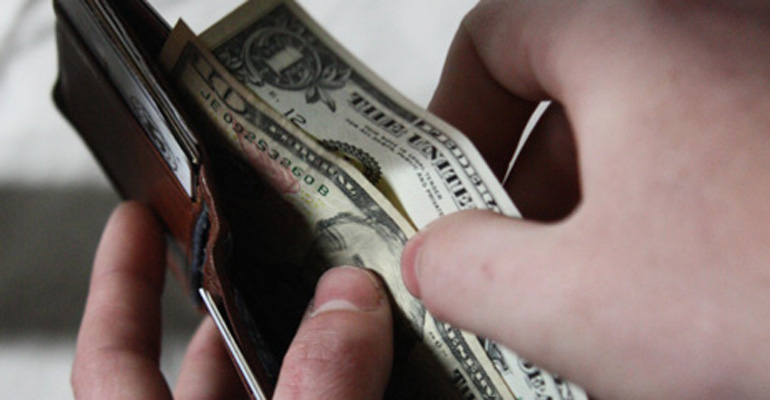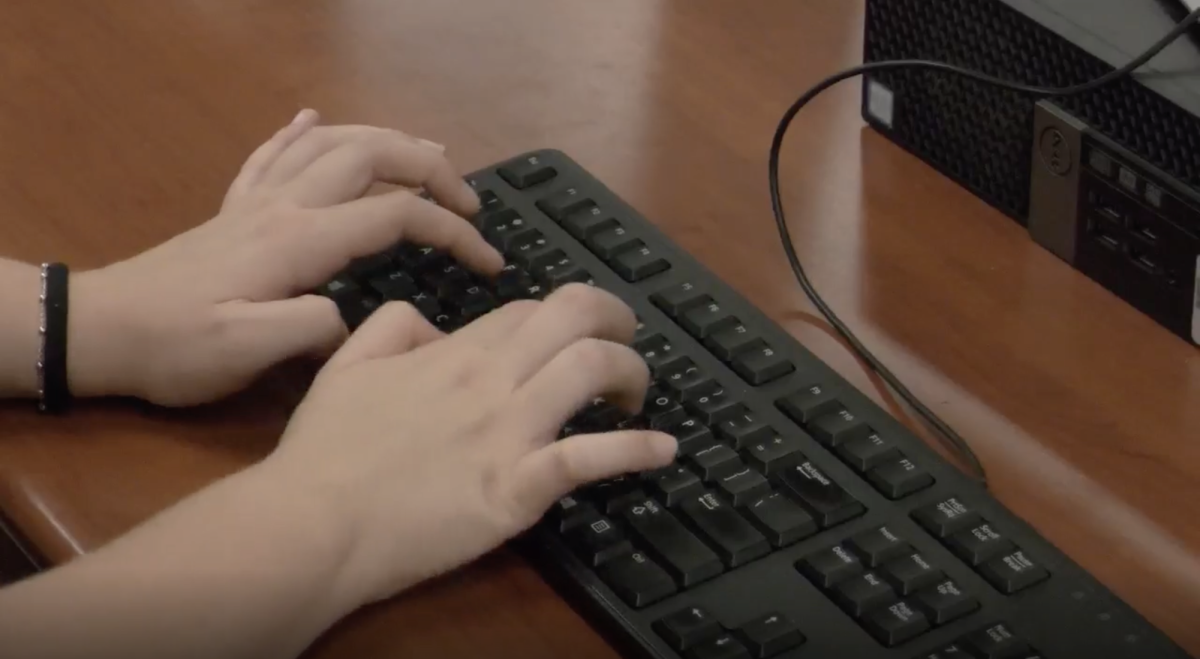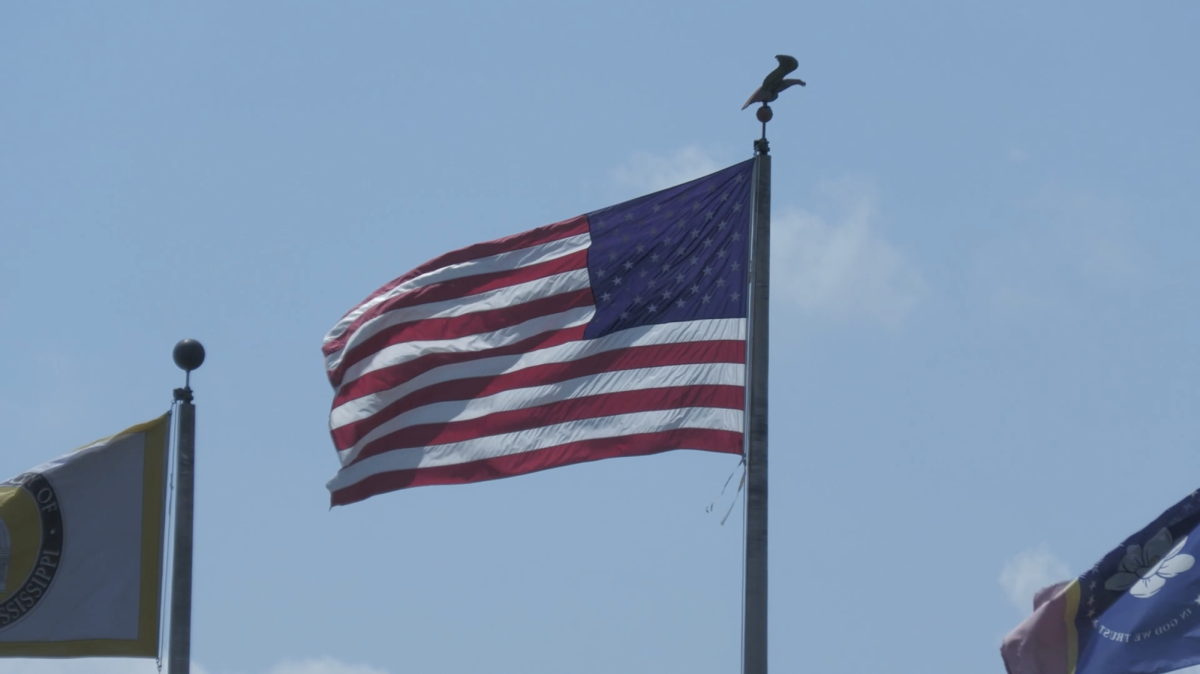Michael Kavitz
As of Jan. 1, the minimum wage has increased in 20 states and in the District of Columbia.
According to USA Today, the increase delivered more than 3 million workers’ raises. While some areas have increased the minimum pay rate by only a few cents, others have increased it by a dollar or more.
The increases are a result of U.S. citizens’ and state legislatures’ concern that the minimum pay rate is not enough to afford the cost of living.
Now for the first time since 2009, many states will have a higher minimum pay rate than the federal minimum wage of $7.25.
While the recent change ensures more money in low-wage workers’ pockets, there is much debate on whether or not the change is actually good for the economy and if the change is significant enough to make a difference.
Those in opposition of the wage increases argue that increasing the minimum pay rate will ultimately lead to inflation and a decrease in employment opportunities, therefore leading to an increase in unemployment rates.
“States who rose their minimum wage by 50 cents or above it, will make it much harder for small businesses to hire workers because they could be incapable of paying their wages and meeting the state’s standards,” said Carly Stefano, a junior at Northern University of Arizona.
This issue is especially relevant for college students, particularly those employed or seeking employment, who rely on an income to afford the costs of living and education.
However, others argue that increasing the minimum pay rate will have little to no negative effect on the economy and that the increase is absolutely necessary.
Associate Dean of Students at Emerson College Sharon Duffy said that the increase would not have an adverse effect on the economy and is necessary according to USA Today. Duffy said that it is unlikely that raising the minimum wage will lead to inflation, and that college employment opportunities would not be sacrificed as a result.
“I think the argument that increasing the minimum wage will lead to inflation is quite ironic, considering the issue of inflation is exactly one of the major reasons the minimum wage needs to go up,” said former Emerson College student Emma MacDonald. “By the time Massachusetts minimum wage gets to $11 an hour in 2017, the cost of living will have surpassed that,” she said.
As of right now, Mississippi is not among the 20 states that have begun increasing minimum pay rates and it is unclear if the state will adopt the wage increases in the near future.
USM’s professor of economics Edward Sayre said in an email that USM students are not likely to be impacted by minimum wage increases anytime soon.





























